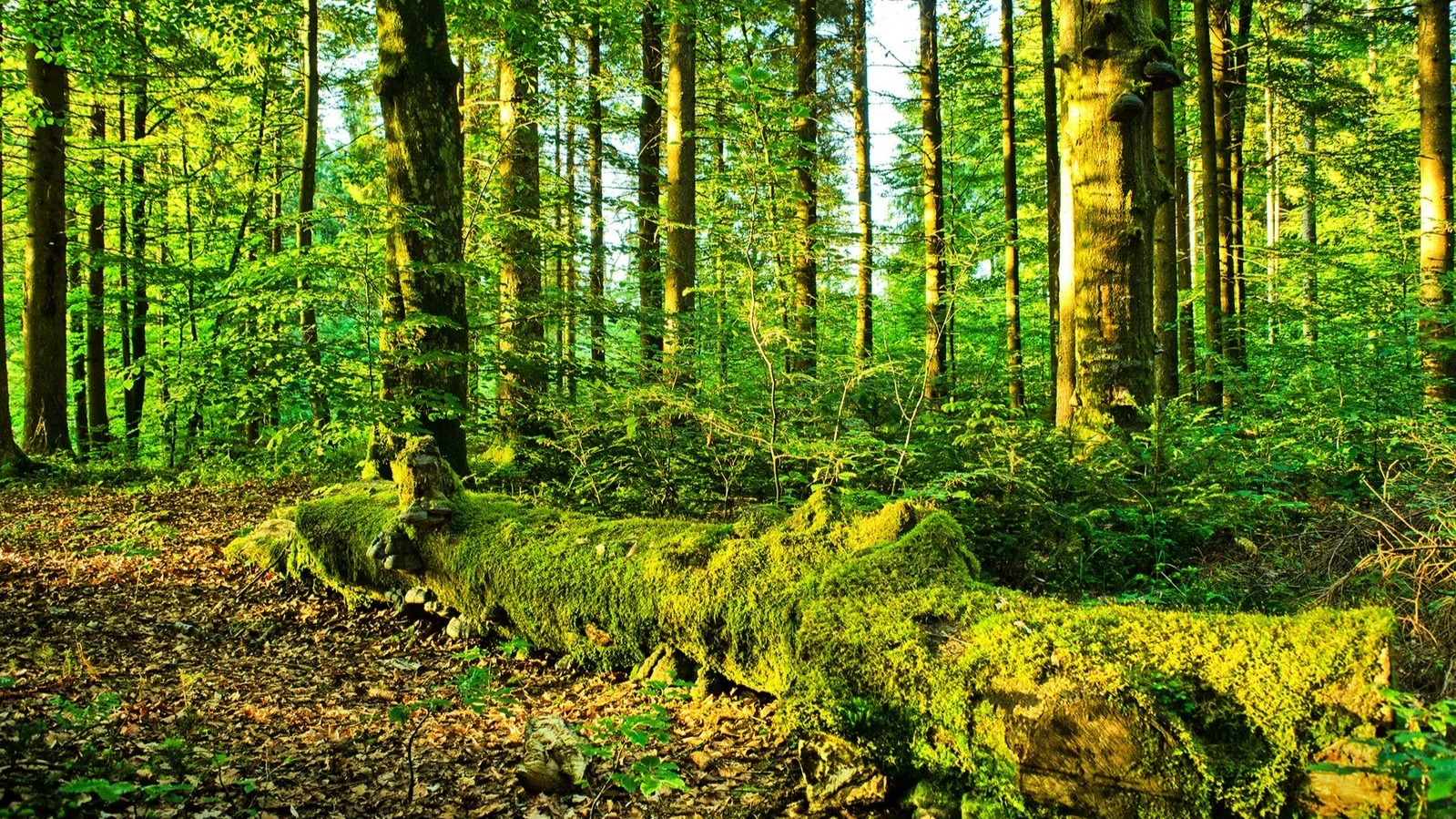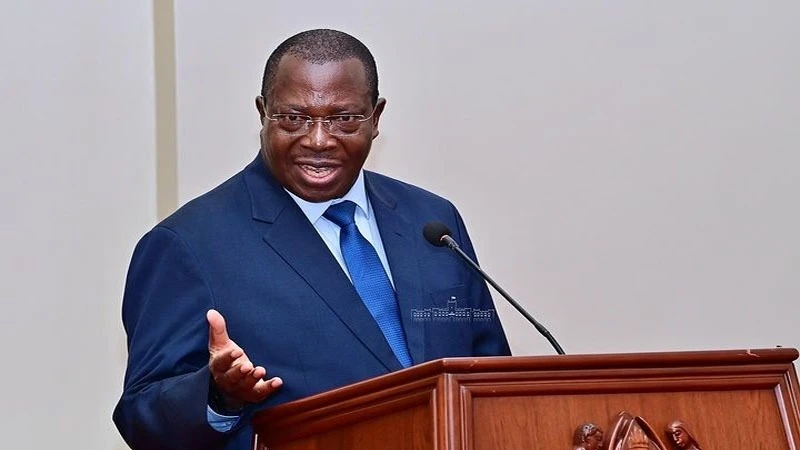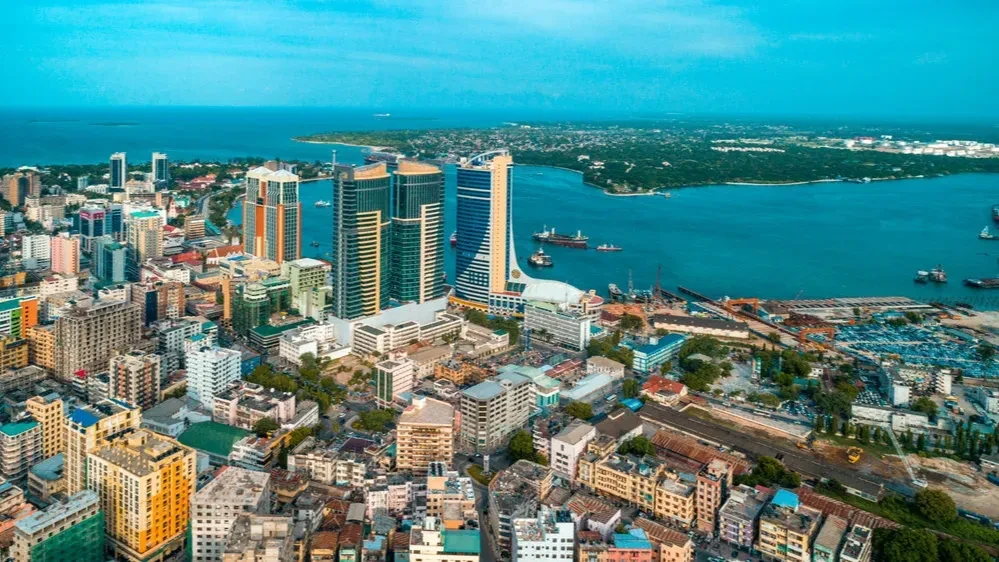Forest conservation has larger potential than is being pushed

THE list of the busiest conservation agencies in the country can hardly be complete without mention of the Tanzania Forest Services (TFS), which appears to have posted major strides in several areas: in the conservation of forests and beekeeping, environmental tourism and community services.
Granted, this might not suffice for what is now billed to be a green economy agenda, as those espousing or fronting this concept see natural gas use as ‘green’ –which some veterans in the field might dispute.
TFS came up for special mention during the recent tabling in the National Assembly of the Natural Resources and Tourism ministry’s Budget estimates for financial year 2025/2026.
As happened, the respective minister said the agency’s performance was a model of sustainable natural resource management, given the 17,510 routine patrols, 405 operations based on usable intelligence facilitating arrests of 3,459 individuals logging illegally.
She said TFS and the police confiscated 36,625 bags of charcoal, 40,621 timber pieces and 1,267 logs. That pointed to extensive and complicated nature of the activities involved and the fact that a number of similar activities had gone untouched.
The number of people held in what is commonly referred to as illegal activities pointed to how far such practices are rampant. It also meant that TFS has been doing a good job but charcoal making continues virtually unabated.
The agency was reported to have established 2,023 kilometres of firebreaks to counter forest fires among other measures, adding large patches of forest areas to designated nature forest reserves.
The minister also reported that an additional 43 forests were gazetted, which boosted eco-tourism potential including by attracting investments.
She said most of those activities were being carried out by the agency itself using public funds, this being precisely where public affinity with its work is pronounced.
It is understood that when the role is taken up by concessional firms in public-private arrangements, praise singers lose interest, as the sense of public good is attached with ‘state property’.
TFS is further reported to have planted 33.2 million seedlings it had it itself produced, reforesting 1,794 hectares.
To the agency, having planting 15,650 mangrove seedlings in coastal ecosystems was a huge achievement, though it could prove far more costly for a public agency to plant trees and maintain them than if tenders for the purpose were floated and taken up by private firms.
One case of aggressive tourism marketing showed that 287 video advertisements, 71 radio programmes and 85 television segments were used.
This definitely helped increase tourist numbers, but one can’t say if the entire 30 per cent increase reported was drawn from these marketing efforts or there were other factors influencing travel decisions.
All things considered, the various ‘wings’ under the ministry will indeed have made some headway relative to the roles they are supposed to play. However, it is always crucial for official reports on this to continue running alongside honest elaboration on the context in which this was done.
Top Headlines
© 2025 IPPMEDIA.COM. ALL RIGHTS RESERVED

















